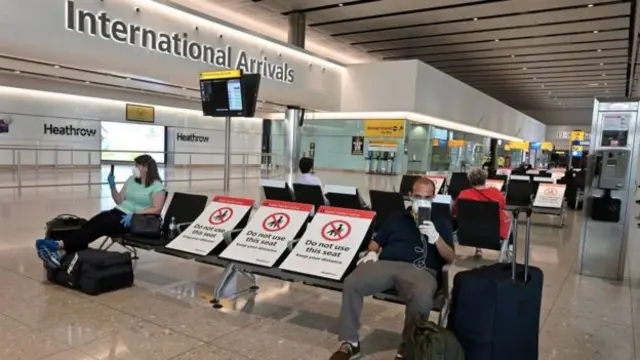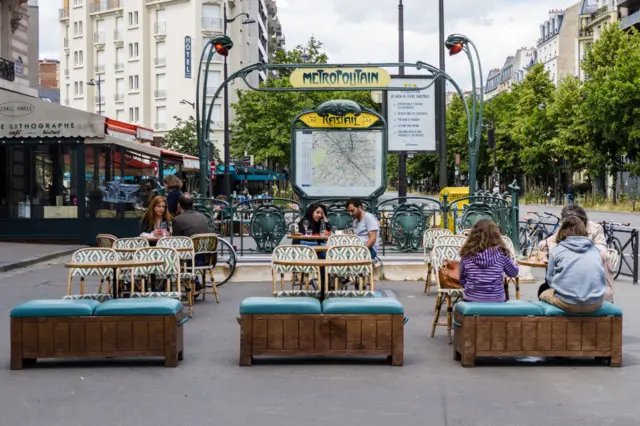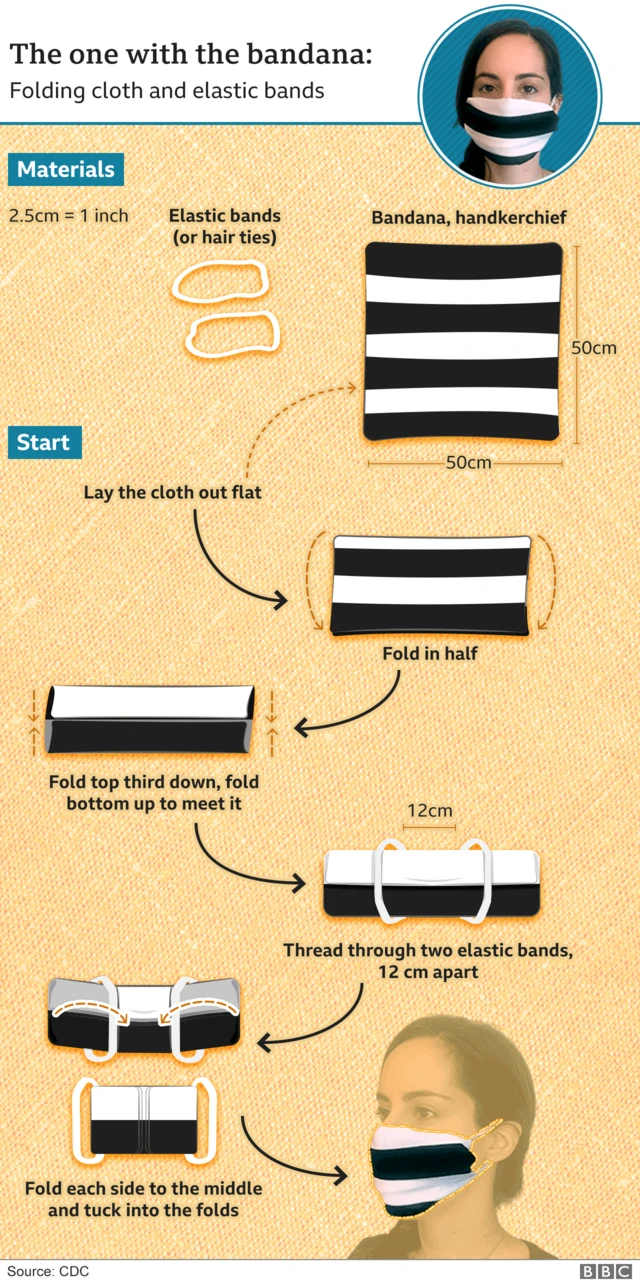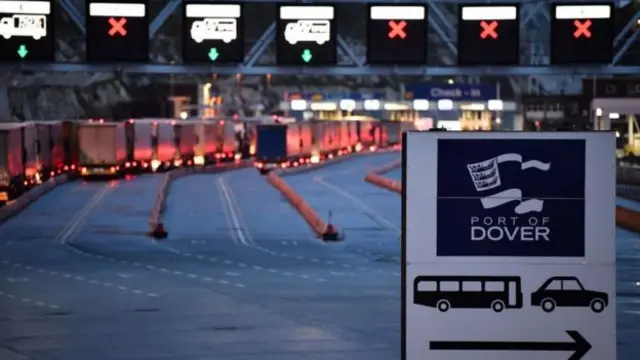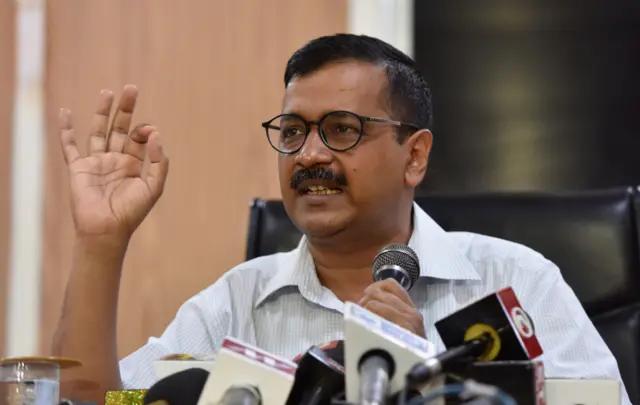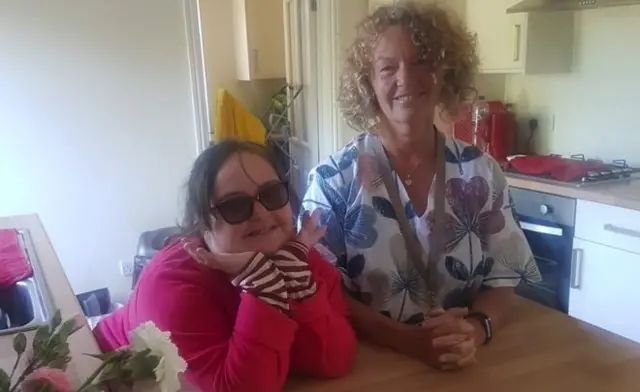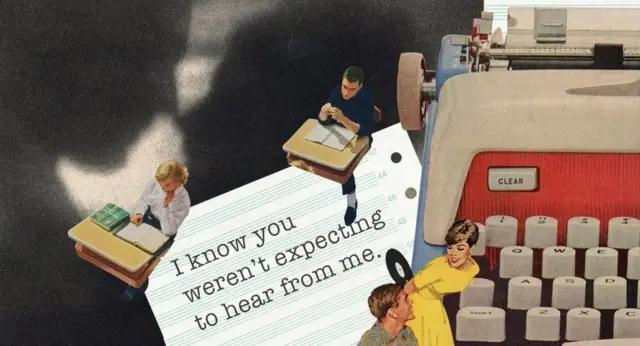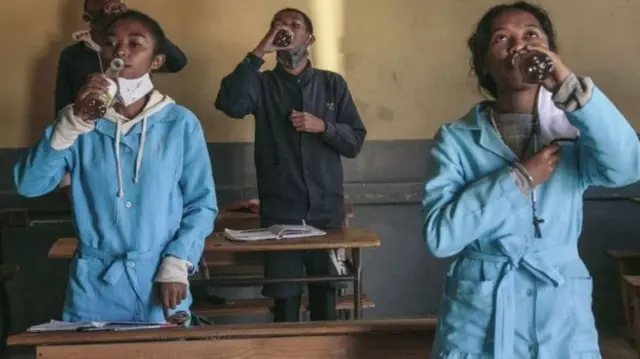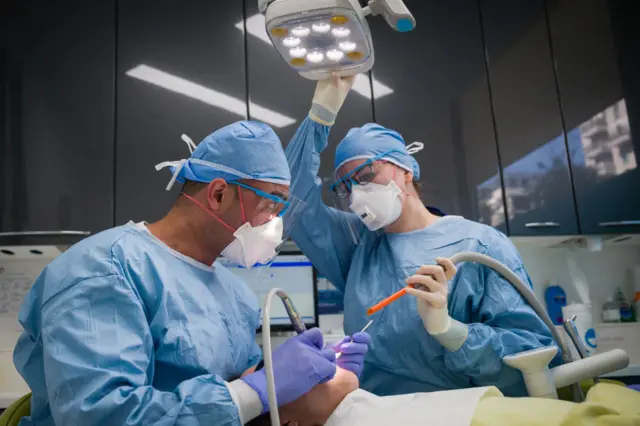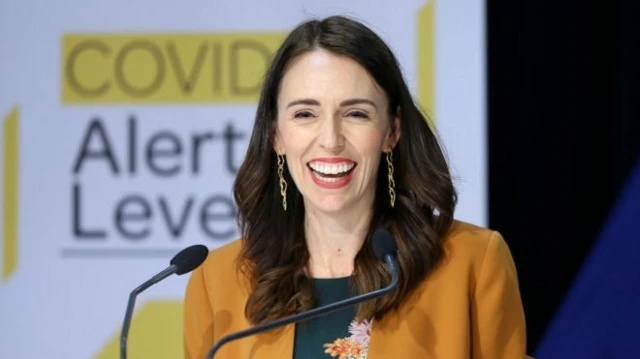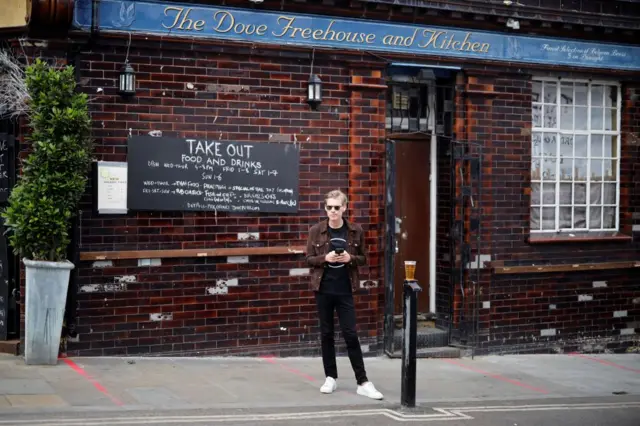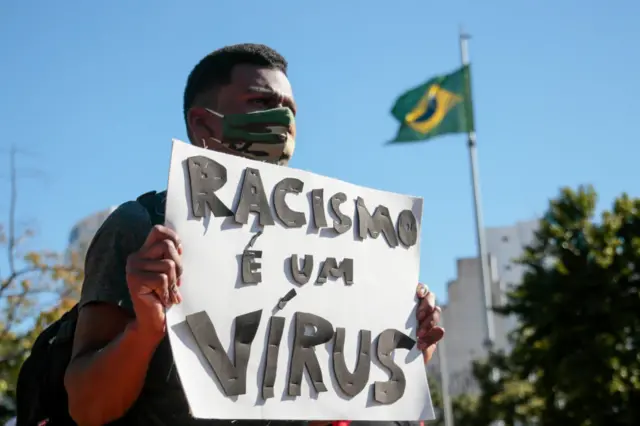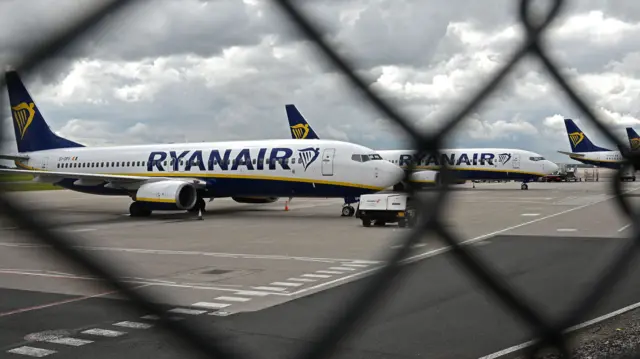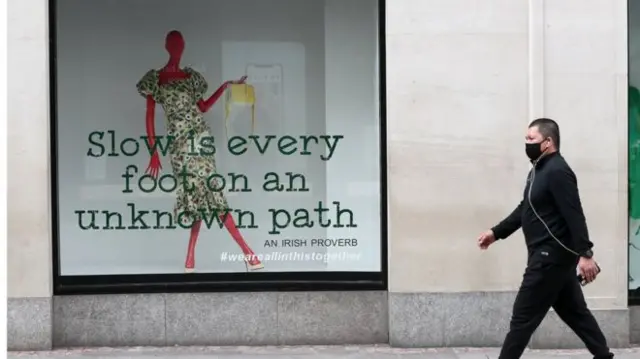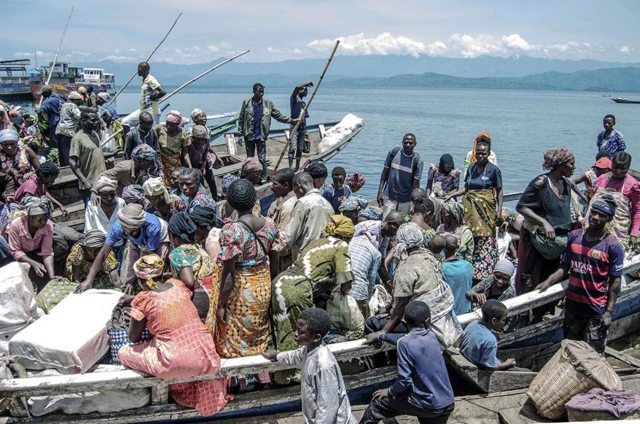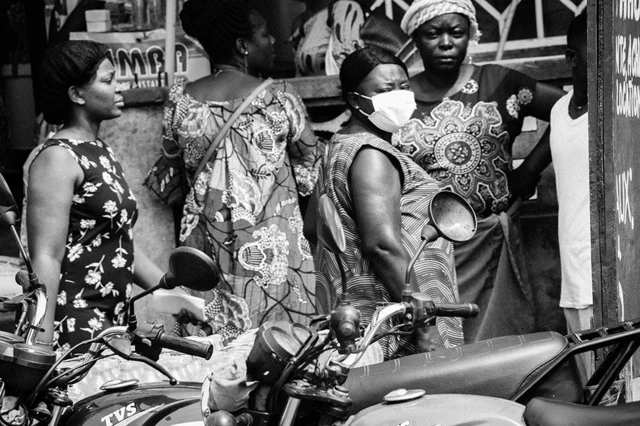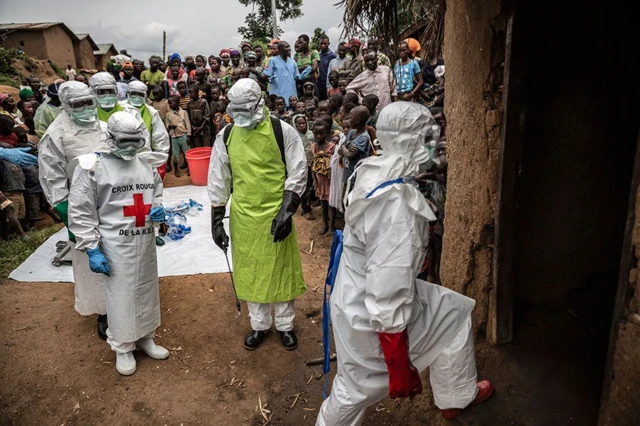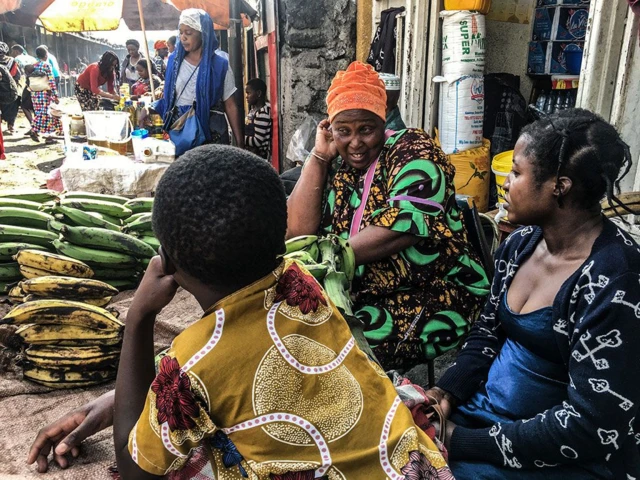South African children return to schoolpublished at 11:52 BST 8 June 2020
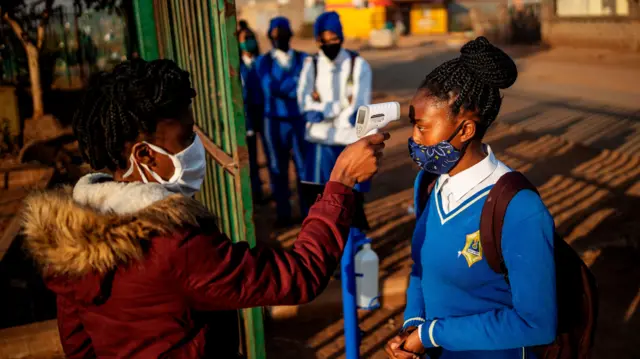 Image source, Getty Images
Image source, Getty ImagesIn South Africa, children are returning to school as the government continues to ease what was one of the world's strictest lockdowns.
Initially, only pupils in grades seven and 12 will return to class, with other years phased in gradually.
The reopening had been delayed after teaching unions said schools lacked sufficient health and hygiene measures.
However, not all schools are reopening. Some, particularly in rural areas, have no running water, making hand-washing nearly impossible.
Education Minister Angie Motshekga says 95% of schools had met requirements for safe reopening and promised to work with those that have not.
Since the start of the pandemic South Africa has reported nearly 50,000 cases and almost 1,000 deaths.
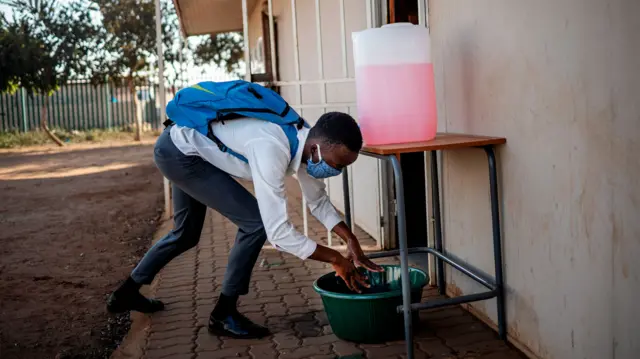 Image source, Getty Images
Image source, Getty Images